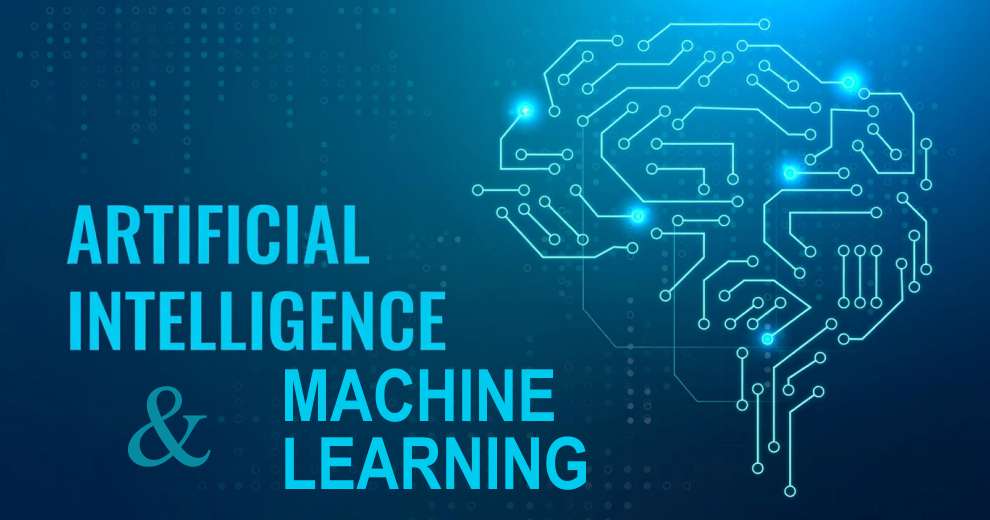Introduction: AI and machine learning are transforming accounting and auditing by automating tasks, enhancing accuracy, leading to more efficient and insightful financial processes.
Meaning of artificial intelligence: In simple terms, Artificial intelligence is a field of science concerned with building computers and machines that can reason, learn, and act in such a way that would normally require human intelligence or that involves data whose scale exceeds what humans can analyse.
Meaning of machine learning: In simple terms, machine learning (ML) is a way to teach computers to learn from data, allowing them to make predictions or decisions without being explicitly programmed.
Explanation:
AI in accounting refers to the use of artificial intelligence (AI) technologies, such as machine learning algorithms and natural language processing, to automate and enhance various accounting processes.
At present, artificial intelligence has been widely used in various field like banking, education, software etc. Due to tedious work of accounting, application of AI in the accounting industry is need for the day. The application of AI in accounting industry have solved some accounting problems like high error rate, inaccurate accounting information. Thus, AI in accounting can help to improve accuracy and efficiency, reduce costs, and provide valuable insights and predictions for decision-making.
ML algorithms can automate repetitive tasks like data entry, transaction processing, and financial reporting, freeing up accountants and auditors to focus on more strategic and analytical work. ML algorithms can also detect and prevent fraud by identifying unusual patterns and transactions that might indicate fraudulent activity.
Let’s take a look at the benefits of Artificial Intelligence (AI) in accounting
- Increased Efficiency and Productivity
- Automated Tasks and Reduced Human Error
- Cost saving
Uses of AI in accounting
- Invoice processing and reconciliation are essential components of accounting and finance departments. AI helps for invoice processing and reconciliation by reducing errors and saving time.
- In tradition accounting processes it’s very difficult to detect errors for large number of data. But with the help of AI it can be done very easily.
- AI analyses financial data to identify tax deductions and credits, saving time and it also detects errors or omissions in tax filings to ensure compliance with regulations.
- AI can also help with document management, enabling auditors to easily locate and access relevant financial records and data.
As much as artificial intelligence is positively impacting the accounting world, it also has its downsides and challenges.
Following are the challenges that businesses are facing
- Data Security and Privacy Concerns: According to a survey by PwC’s 2024 Global Digital Trust Insights, the proportion of businesses that have faced data breach of more than US$1M has increased manifold over the years, rising from 27% to 36%. This is extremely alarming since accounting deals with lots of sensitive data that must be protected at all times. AI vulnerabilities in processing and data storage can lead to exposure of crucial information to cyber threats.
- Compliance and Legal Issues
- Dependence on Technology
Conclusion: The integration of artificial intelligence (AI) and machine learning (ML) into the accounting and auditing sectors is revolutionizing the way financial processes are carried out. These technologies are enhancing efficiency, accuracy, and productivity while reducing human error and operational costs. While these technologies offer many benefits, businesses must also address challenges like data security and privacy. Overall, AI and ML are shaping the future of accounting, making processes faster and more reliable.
– Shruti Kerur
















